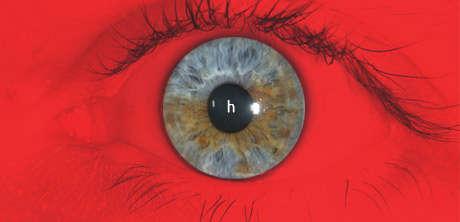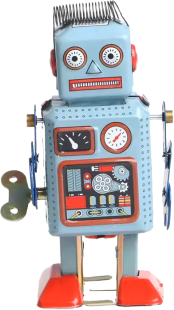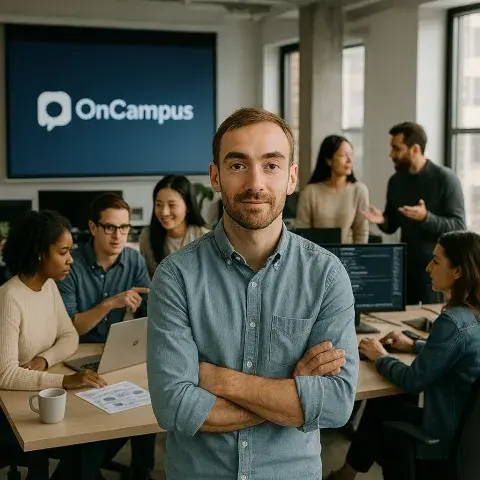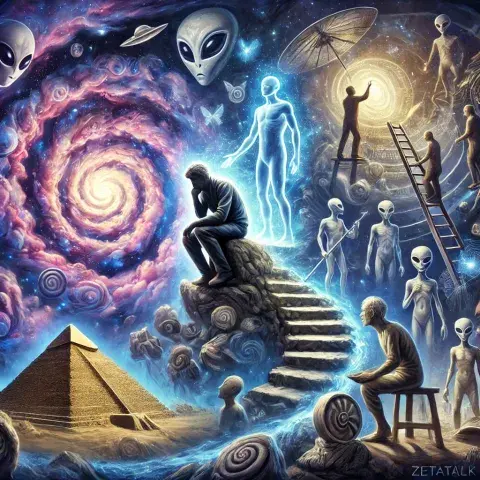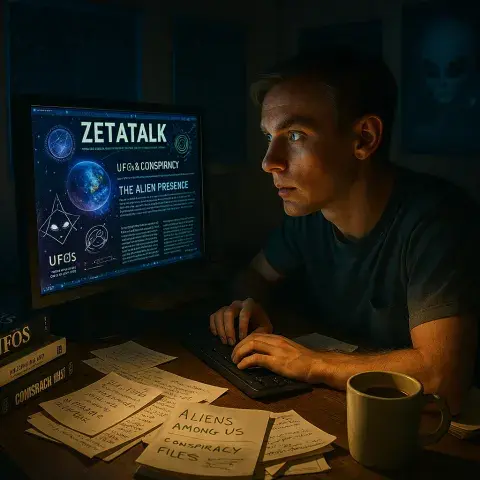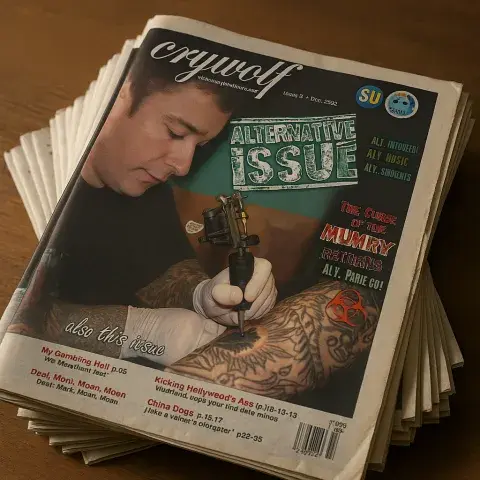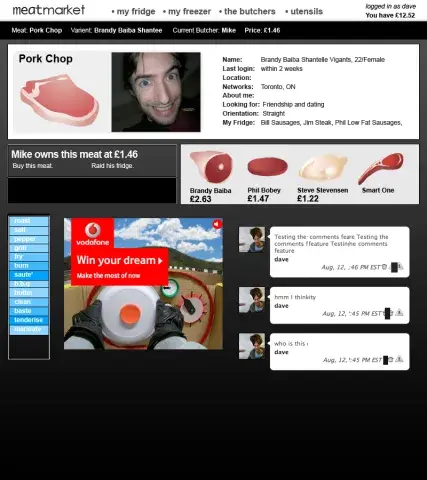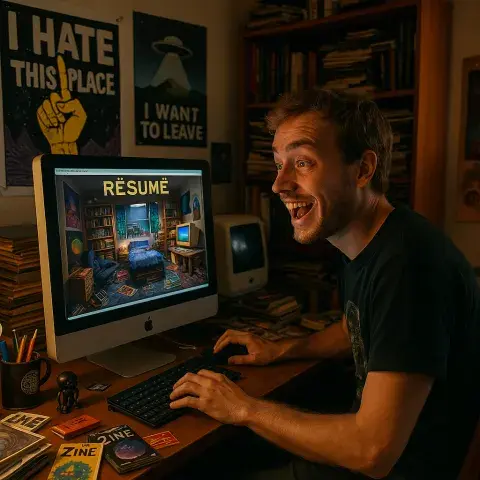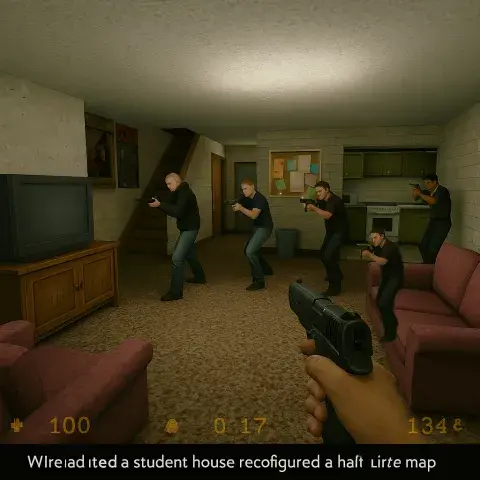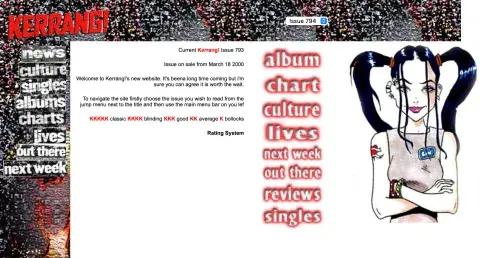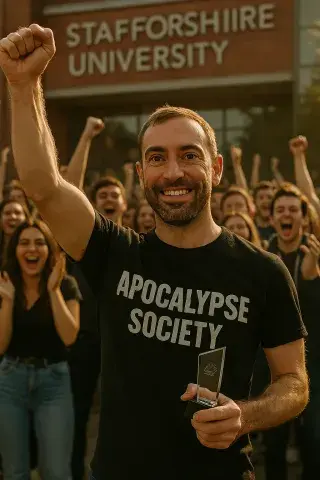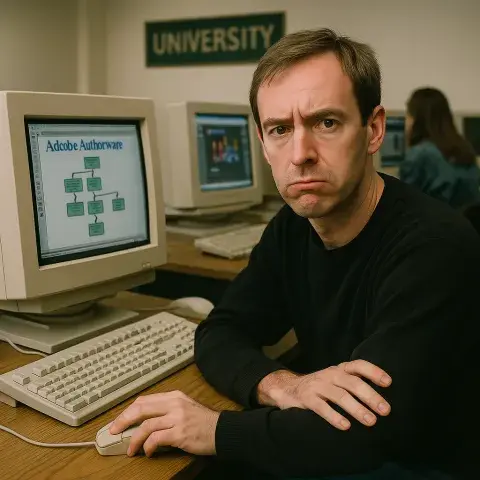Chapter 50 - The Secret Page
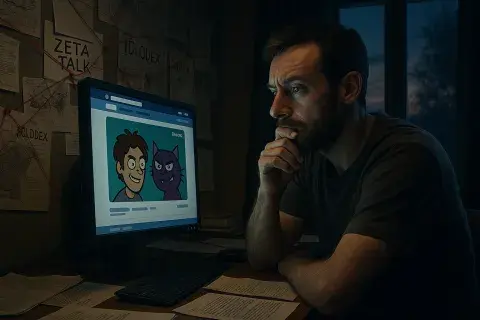
What followed was something I can only describe as... odd. It’s difficult to explain, but I’ll try my best. After that encounter, I found myself paying closer attention to everything Russell was doing—his public appearances, his tweets, his interviews—anything that might give me a hint as to whether The Moon had made an impact.
And then, one day, I noticed something unusual. Russell, who is famously selective about the accounts he follows on social media, had followed a profile that didn’t quite fit. It featured two mischievous-looking characters as its display image, and the account itself had no clear connection to him. It stood out like a sore thumb in his otherwise curated list of follows.
Curious, I began analysing the profile. There wasn’t much to go on, but one thing caught my attention: it was following a fan page dedicated to Russell—one of those hyper-focused, almost obsessive accounts. The kind that tracks every move a celebrity makes. Something about the interaction felt deliberate, almost like the account had been created for a specific purpose.
That’s when it hit me—what if this was his secret page? A place where he could observe the world, unfiltered, away from the expectations of being Russell Brand? The thought consumed me. If it was his page, what did it mean that he had followed this particular account? Was it some kind of sign, a breadcrumb left intentionally for me to find?
It was a small, strange detail, but it felt like a crack in the surface of an otherwise impenetrable world. And I couldn’t shake the feeling that there was more to uncover.
To this day, I still firmly believe that this was the case—Russell was trying to low-key communicate with me through subtle, almost imperceptible gestures. It felt like a game, like he was testing whether I could pick up on the clues he was leaving behind.
The mysterious account became an obsession of mine. I’d check it regularly, looking for any new signs or connections. The fact that it was following a Russell-centric page only deepened my conviction that I was onto something. It wasn’t just a coincidence; it couldn’t be.
Then, one day, everything came to a head. Without any warning or discernible reason, the account blocked me.
I remember staring at the screen in disbelief. There hadn’t been any interaction between us—no messages, no comments, nothing that might have provoked such a response. The block felt deliberate, like the final act in a cryptic play I hadn’t fully understood.
Was it Russell’s way of saying, “You’ve gotten too close”? Or was it something else entirely—an indication that the game was over, that whatever message he’d been trying to send had already been delivered?
I’ll never know for sure, but the entire experience left me with a strange sense of closure. It was as if the universe had said, That’s enough for now. And so, reluctantly, I let it go.
It was only a few weeks after I’d delivered The Moon to Russell that he made the big announcement—he was going to leave social media for an entire year. I remember hearing it and feeling a strange sense of synchronicity, like everything had come full circle. A year... that was the exact amount of time it takes to really delve into something like ZetaTalk—to absorb its messages and come to terms with the profound and otherworldly information it presents.
The timing was almost uncanny. A year was the perfect amount of time to let everything simmer, to process the insights that came with both ZetaTalk and the wild experiences I’d been having. In a way, Russell’s departure from the social media sphere was like a sign, a reminder that sometimes stepping away from the noise is exactly what you need to truly hear the message, to find clarity in the silence.
As he took his break, I reflected on my own journey and how deeply it had intertwined with his. Perhaps we were both searching for something deeper, something beyond the surface of our respective worlds. And perhaps, like the year-long hiatus, it would take time for all of the answers to unfold.
Maybe the message wasn’t just for Russell after all. Maybe it was always meant for me.
